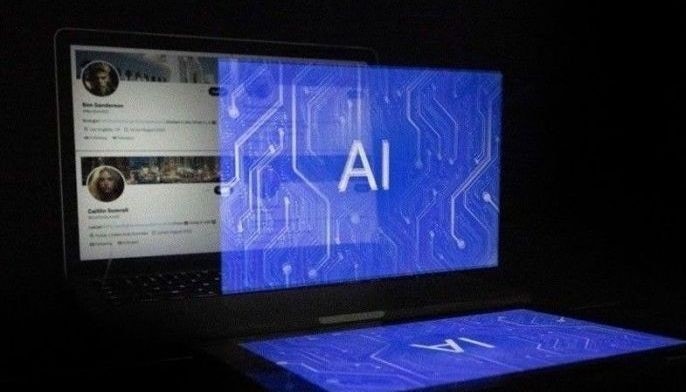Telcos split on need for AI rules
MANILA, Philippines — Should the use of artificial intelligence (AI) be regulated?
Telco leaders are divided on whether the government should introduce legislation on AI to mitigate potential threats like job losses and online fraud.
In separate interviews with The STAR, telco magnates Dennis Anthony Uy, Manuel V. Pangilinan and Ernest Cu gave their take on whether the industry use of AI must be regulated.
Uy, who owns Converge, said state regulators have to intervene in the AI migration to outline how the technology would benefit the economy and set the guidelines for its fair use.
Uy serves as President Marcos’ special envoy to South Korea for digital transformation. He said the Department of Information and Communications Technology (DICT) should take the lead in coming up with rules and regulations for AI adoption.
Likewise, he raised the urgency for the National Economic and Development Authority (NEDA) to conduct a study on how AI benefits and disrupts the economy, noting that the government has to be involved because companies are moving fast in automating their operations.

This illustration photograph taken in Helsinki on June 12, 2023, shows an AI (Artificial Intelligence) logo blended with four fake Twitter accounts bearing profile pictures apparently generated by Artificial Intelligence software.
If AI needs some semblance of regulation, the DICT needs to be there of course, a cybersecurity agency or company, and then a policymaking body like NEDA, to make sure all this technology is directed toward overall economic development,” Uy said, referring to the National Economic and Development Authority.
Pangilinan, who chairs PLDT Inc., said AI can be exploited by criminal minds, presenting threats not just to businesses, but to the economy as well.
For instance, cybersecurity giant SoSafe found in a study that three in four people would click on phishing emails generated with AI.
Worse, the study showed that 65 percent of people would give up their personal data to websites linked to AI-made phishing emails. Phishing refers to the act of posing as someone legitimate to deceive targets into sharing sensitive information such as bank details.
While AI can vastly improve economies and businesses, it can also be used by criminal entities to cause disruptions. AI can be programmed to launch phishing attacks, crack passwords, evade detection and create deep fakes, for example,” Pangilinan said.
The lone dissenter in this discourse is Globe Telecom Inc. president and CEO Cu, who believes that education is more important than regulation in dealing with risks related to AI.
This is why Cu wants the Department of Education and the Commission on Higher Education to teach students how to discern between original content and AI-generated materials.
Cu said that it could be difficult for the government to box AI in a law, warning that innovation is often quicker than policymaking.
Without this discernment, regulatory efforts may inadvertently create loopholes and ambiguities over time, as technology often outpaces legislation. Education is key, both for individuals and the governing bodies tasked with implementing regulations,” Cu said.
